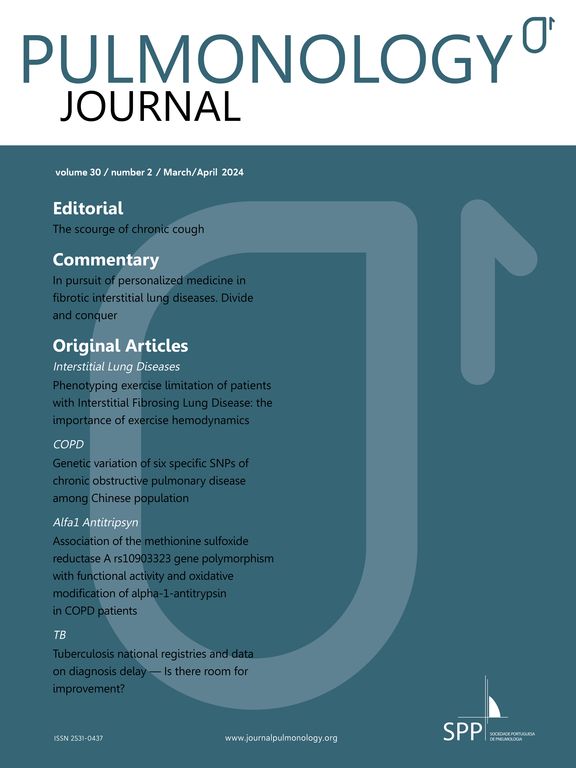We read Olmez's study1 with great interest. This study evaluates the prognostic utility of inflammation-based prognostic scores in patients with ALK-positive metastatic or non-resectable non-small-cell lung cancer (NSCLC) treated with crizotinib. Multivariable logistic regression and Cox proportional hazards models were used to assess the impact of pretreatment-modified Glasgow prognostic score (mGPS), prognostic nutritional index (PNI), and systemic immune-inflammation index (SII) on overall survival (OS), progression-free survival (PFS), and objective response rate (ORR). Their results revealed that only a PNI ≥0.09 was a significant determinant of poorer than 1-year OS rates. Despite outstanding results, we mention that some important factors that could significantly influence the result of risk factors in this study may need to be addressed.
First, there are only 2 deaths of ALK-positive NSCLC patients in a total of 82 patients. However, there are 9 variables in Table 2 and Table 3 for the univariate or multivariate analysis on the prognostic factors of PFS or OS in these patients. This statistical analysis method severely breaks the rule of 1 variable per 10 outcome events (i.e., death case) for the univariate analysis.2,3 In other words, this study needs more than 90 deaths of ALK-positive NSCLC patients to do the univariate analysis, but there are only 2 death cases. Obeying this basic rule of statistical analysis is necessary to yield reliable statistical results. In their discussion, the authors mentions that their result was inconsistent with the other two large studies. Olmez's study indicated that SII was only associated with poorer OS and PFS in the univariate analysis. In the other two studies, SII was determined to significantly predict poorer OS in patients with non-resectable ALK-positive NSCLC.4,5 We noted that these two studies consisted of more than 300 patients with a large sample size, but Olmez's study had a limited sample size, resulting in different results and conclusions.
Second, a Fisher's exact or Mann–Whitney test could be analyzed between the dead ALK-positive NSCLC patients and surviving ALK-positive NSCLC patients. Then, find the significant variables and use them for the following univariate analysis.
Third, we noted that these laboratory findings were within a week prior to the first dose of crizotinib. However, another important confounding factor may need to be considered: chemotherapy. As the technical staff working in a clinical laboratory, we know that mGPS, PNI, and SII, which are based on the laboratory parameters, were severely influenced by the chemotherapy drugs. Thus, mGPS, PNI, and SII parameters will stand on a different baseline. Before using logistic regression, using a Fisher's exact or Mann–Whitney test to exclude the effect of chemotherapy on mGPS, PNI, and SII is crucial for this study.
Lastly, despite the comments made, we would like to express our gratitude and congratulate Olmez for his outstanding work.
Consent from all authorsAll authors reviewed this manuscript and agreed to submit this manuscript
Funding informationNone.






